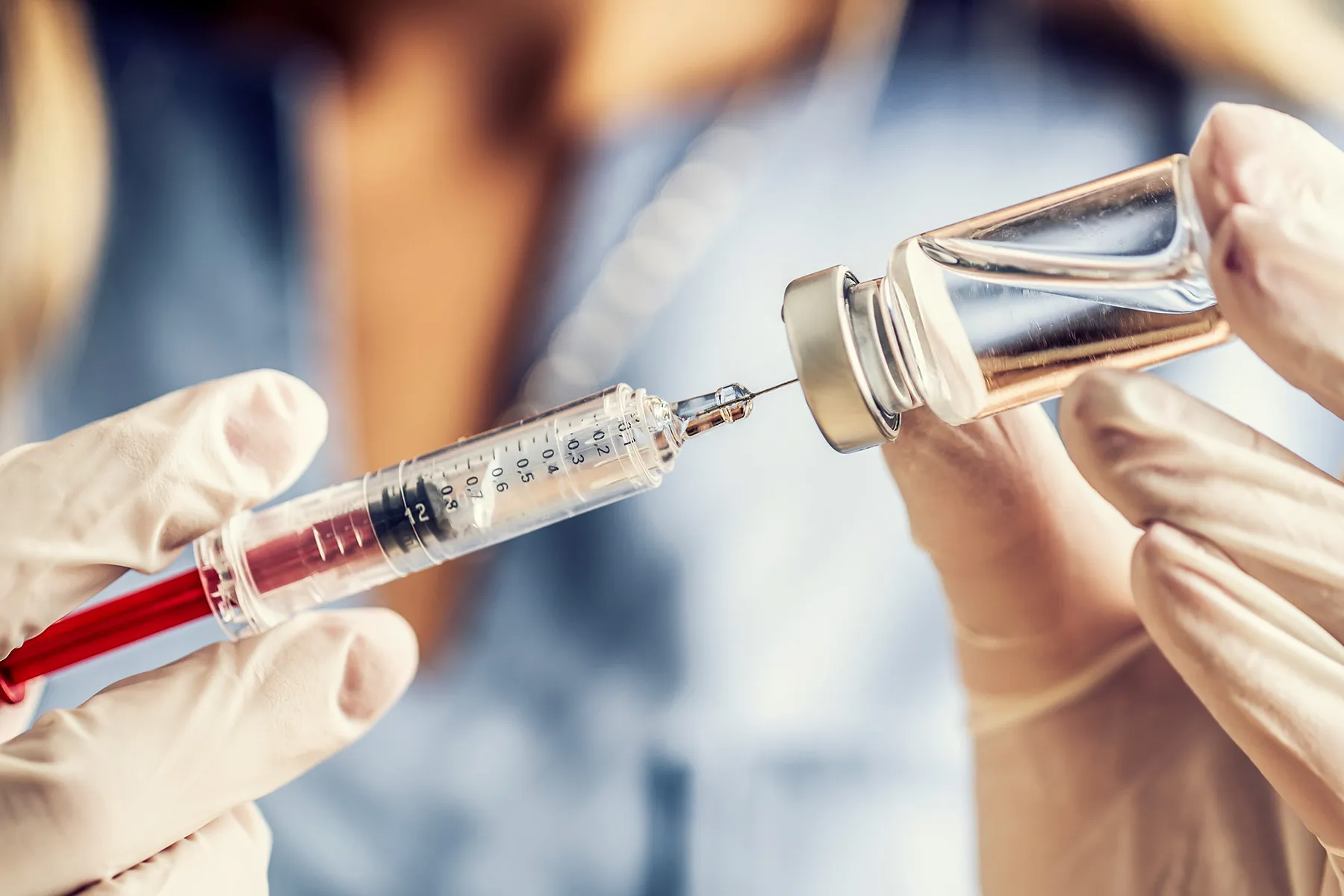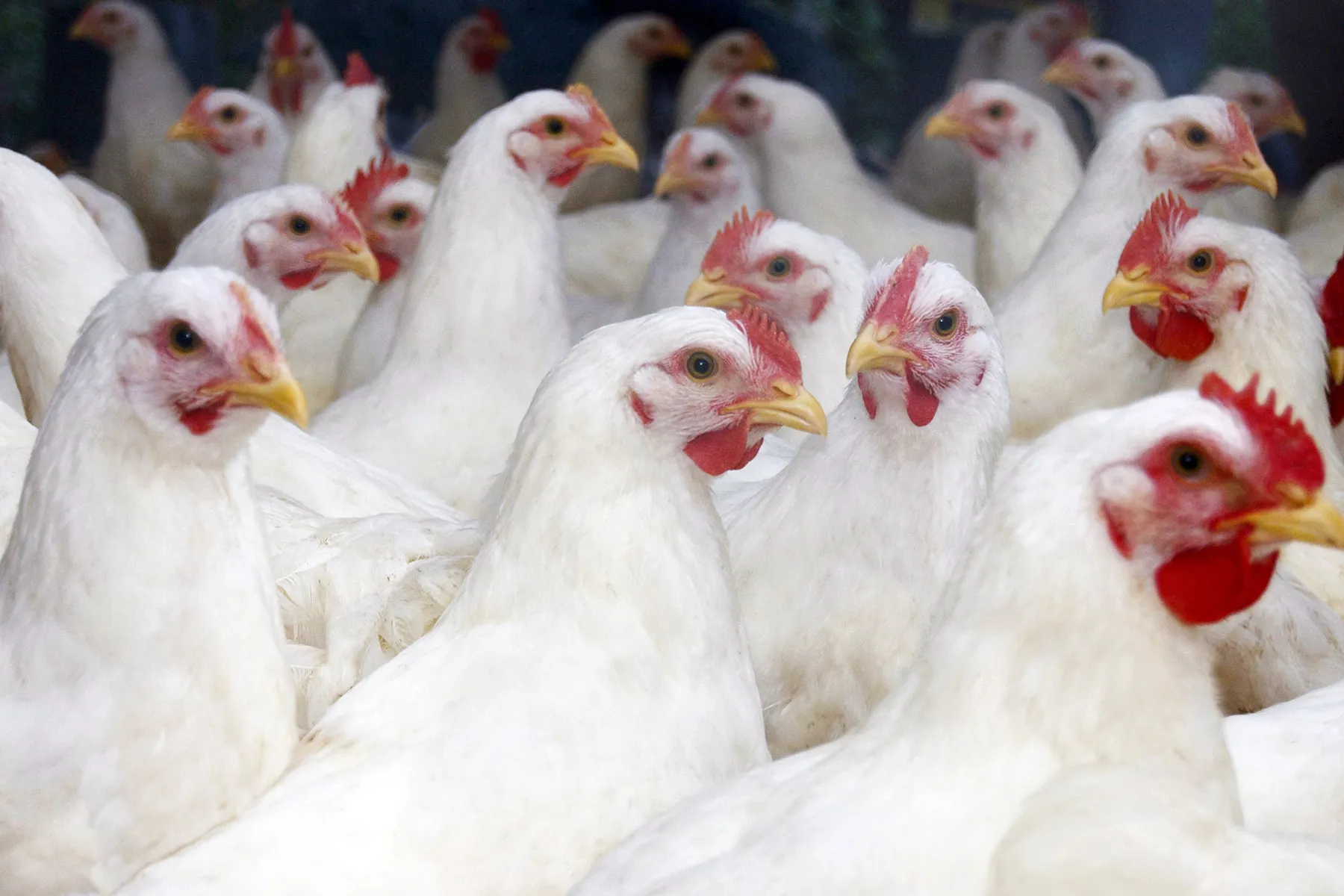
Sept. 13, 2023 – We’re at the start of fall respiratory season, and already this week there is a lot of attention on FDA authorization and CDC support for the new COVID-19 booster shot.
But it’s not just COVID. This is also the first fall with a vaccine available for respiratory syncytial virus (RSV), which is recommended for people over 60 and pregnant women. Plus there are the evergreen worries about the flu.
Who should be most concerned? What is the optimal time to get one or more of these shots? And how long should you wait to get the new booster if you had COVID this summer?
Two experts addressed these and other practical questions at a news briefing sponsored by the Infectious Diseases Society of America.
Higher Risk Means Higher Urgency
Even though the CDC now recommends the new COVID vaccine for every American over 6 months, people at higher risk — older than 65, those with underlying conditions — should get the vaccine as soon as possible, said Jeffrey Duchin, MD, health officer for Public Health-Seattle & King County in Seattle.
“I want to emphasize that although people of all ages can benefit from COVID-19 vaccination, the greatest benefit is for people at increased risk for severe COVID-19 with respect to hospitalizations and deaths,” Duchin said. People at higher risk “should take the vaccine as soon as it’s available and that will be over the coming weeks.”
Regarding the timing of the flu and RSV vaccines, they can be combined. Also, for people “who have the luxury of making multiple visits” to their doctor or pharmacy, the shots can be spaced out. “Maybe time your flu shot a little bit more towards when the flu activity is picking up in your community,” Duchin said, “because we know that the effectiveness of the flu vaccine ranges over several months as well.”
For RSV, “I wouldn’t say there’s an urgent need for everybody to run out today and get that vaccine,” he added. People should talk to their doctors about eligibility and timing.
So why offer the vaccine to almost the entire U.S. population? An analysis presented at a meeting of CDC advisors this week revealed that having the vaccine available to almost everyone, known as a “universal recommendation,” will save about 200,000 hospitalizations and 15,000 deaths from COVID over the next 2 years, compared to only vaccinating individuals 65 and older.
Young, healthy people truly at low risk “need to look at their willingness to become infected and take their chances with the disease that can be serious even in a small proportion of young, healthy people,” Duchin said. They also should consider their home and work environments and if they could expose someone else at higher risk.
Not a ‘Slam Dunk’ for Everyone
Sometimes higher risk for COVID is more obvious, like older age, and for this group the vaccine is strongly recommended, Duchin said. “It’s a slam dunk.”
Others may not realize they are at high risk, including some with underlying conditions, he said. “Why should people [at] low risk consider vaccination? One reason is that many people who think they’re at low risk really aren’t.”
The CDC lists many underlying conditions and factors that can place an individual at higher risk for serious outcomes from COVID. Below are the major categories, in alphabetical order. There can be other rare conditions that increase risk, so people should check with their health care professionals.
- Cancer
- Chronic kidney disease
- Chronic liver disease
- Chronic lung diseases
- Cystic fibrosis
- Dementia or other neurological conditions
- Diabetes (type 1 or type 2)
- Disabilities
- Heart conditions
- HIV infection
- Immunocompromised condition or weakened immune system
- Mental health conditions
- Overweight and obesity
- Physical inactivity
- Pregnancy
- Sickle cell disease or thalassemia
- Smoking, current or former
- Solid organ or blood stem cell transplant
- Stroke or cerebrovascular disease
- Substance use disorders
- Tuberculosis
What if I Had COVID This Summer?
The official CDC recommendation is to wait on a booster for a minimum 2 months after your last immunization and 3 months if you had a COVID virus infection recently.
“Now, that said, everybody needs to look at their own personal situation,” Duchin said. Someone at very high risk, for example, might want to get their COVID booster earlier in their eligibility period, he said.
On the other hand, someone at lower risk of exposure who uses a lot of precautions “might want to wait a little bit longer and see if they can extend that protection out a little bit further after a natural infection.”
It’s Flu and RSV Season, Too
As important as COVID protection is, “we need to think about other vaccines that can we can put to use to protect individuals against these other respiratory viruses that are going to be circulating,” including flu and RSV, said Tina Q. Tan, MD, a pediatrician in the Division of Infectious Diseases at the Ann & Robert H. Lurie Children’s Hospital of Chicago and vice president of the Infectious Diseases Society of America’s board of directors.
“We know that millions of children become ill with influenza each year,” Tan said. Children under 5 years of age, and especially those younger than 2, are at increased risk for flu complications.
The recommendations are to vaccinate all children 6 months and older against the flu. “It really is a critical tool for protecting individuals against severe influenza and its complications. It’s also important to not just immunize the child, but also everyone, especially if there are infants in the household under 6 months.”
Regarding RSV, each year more than 2 million medical visits for children under 5 are related to RSV, with most visits among otherwise full-term, healthy infants. While there is no RSV vaccine approved for young children, the CDC in August recommended a new monoclonal antibody for all infants under 8 months and some older babies, Tan said. This preventive treatment is important because “RSV can cause serious disease and complications in this very young infant population.” RSV is associated with up to 80,000 hospitalizations and 300 deaths in young children every year.
Older adults are also at higher risk for severe RSV illness. “Many of us know about the importance of getting the annual flu vaccine, but most don’t know what a big problem RSV can be for older adults,” Duchin said.
The CDC estimates that RSV is responsible for about 160,000 hospitalizations and between 6,000 and 10,000 deaths among older adults. Risk is highest for older Americans with chronic heart or lung disease, weakened immune systems, and adults living in nursing homes or long-term care facilities. Duchin added that people 60 and older should have a conversation with their doctor, or whomever administers their vaccines, to determine if RSV vaccination will be beneficial for them.






